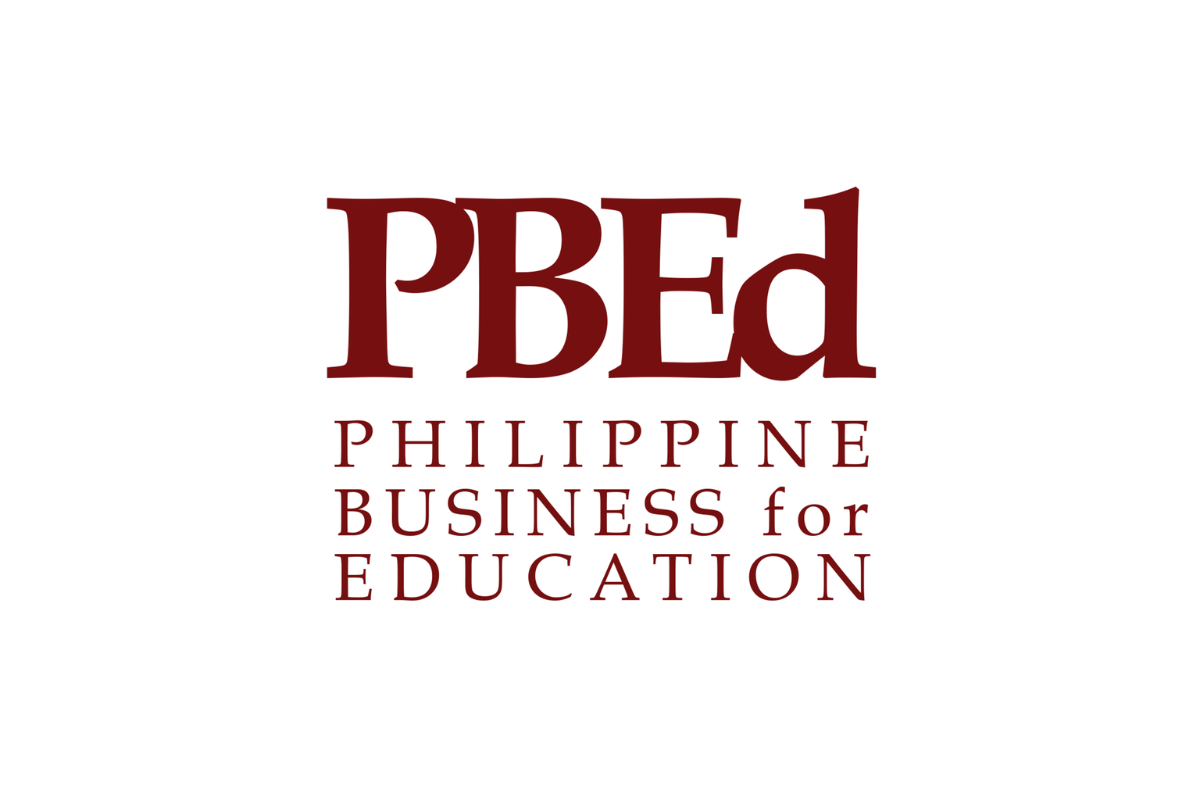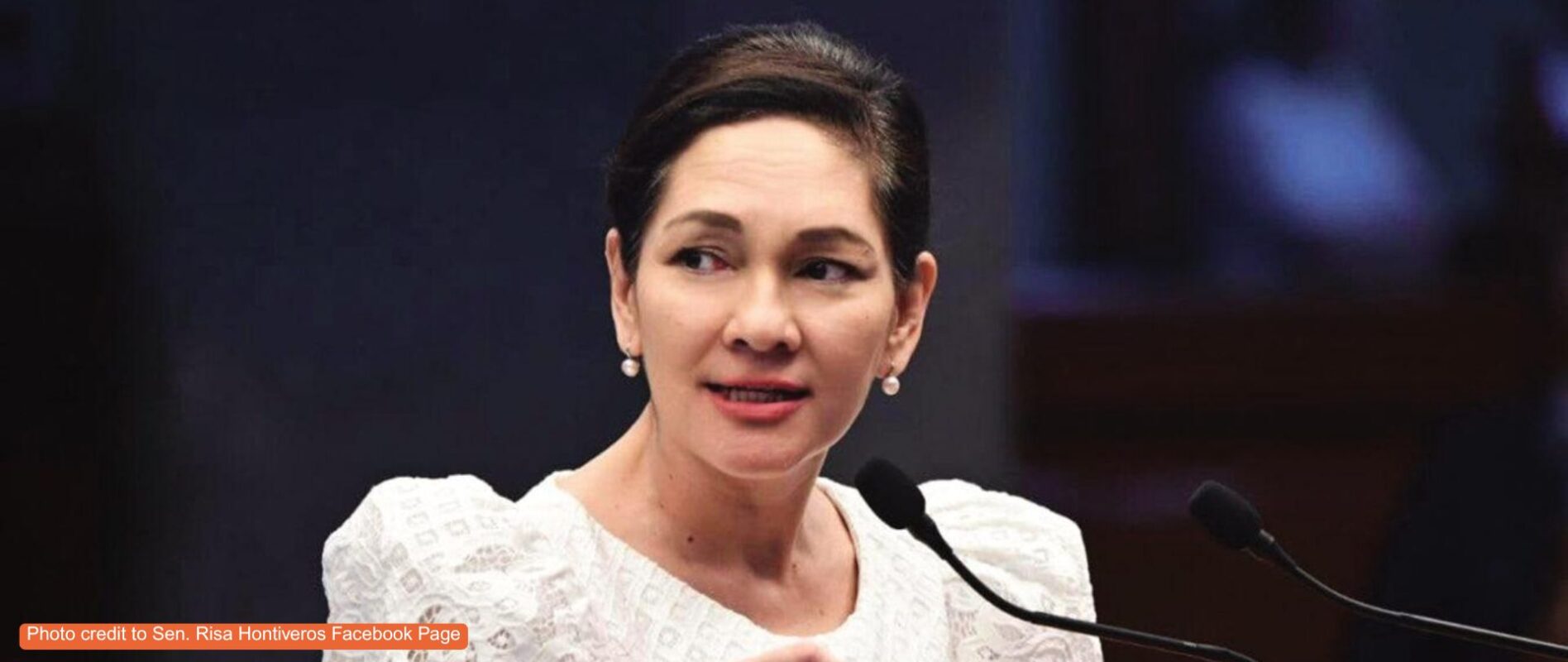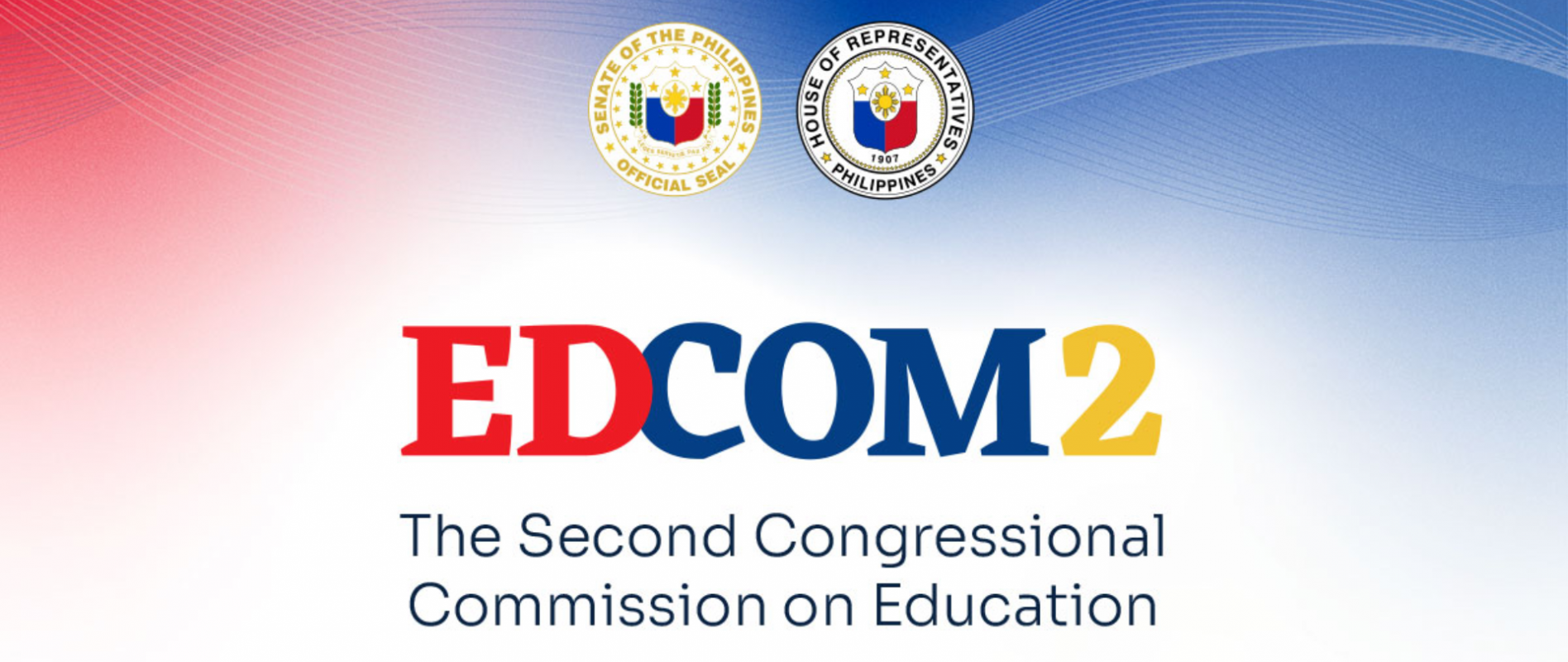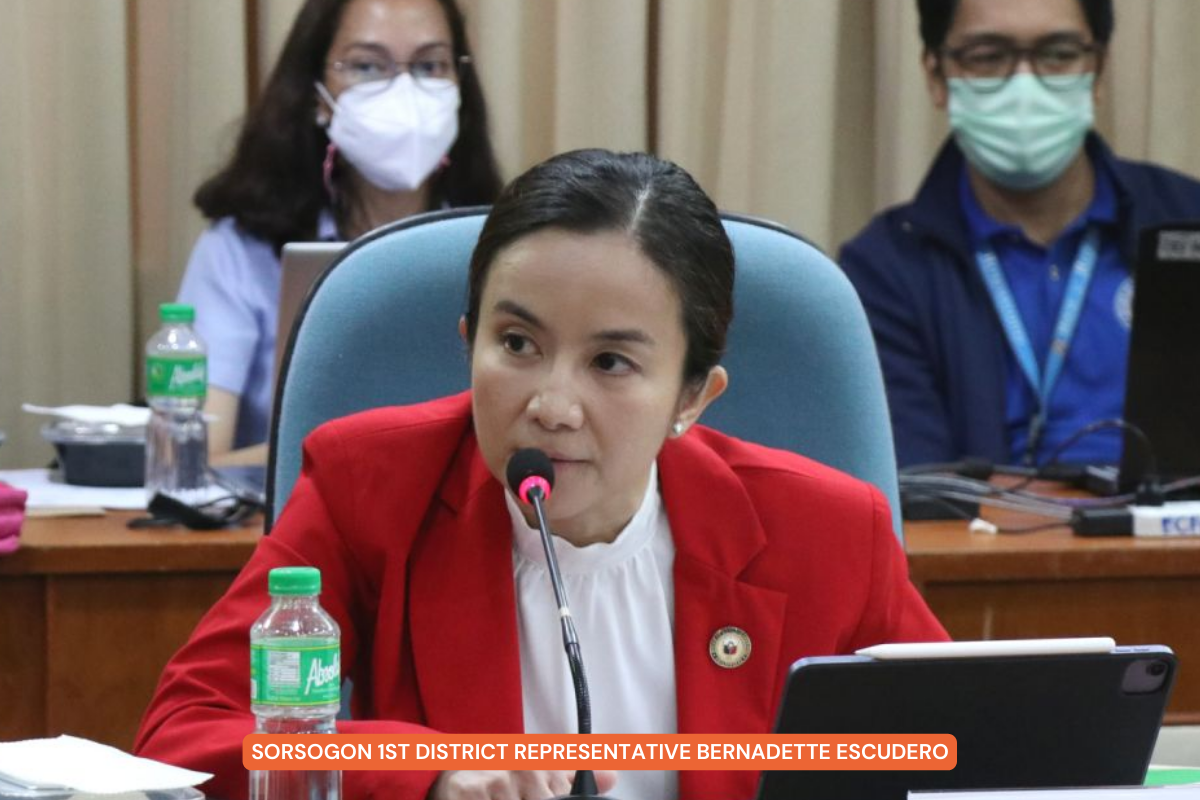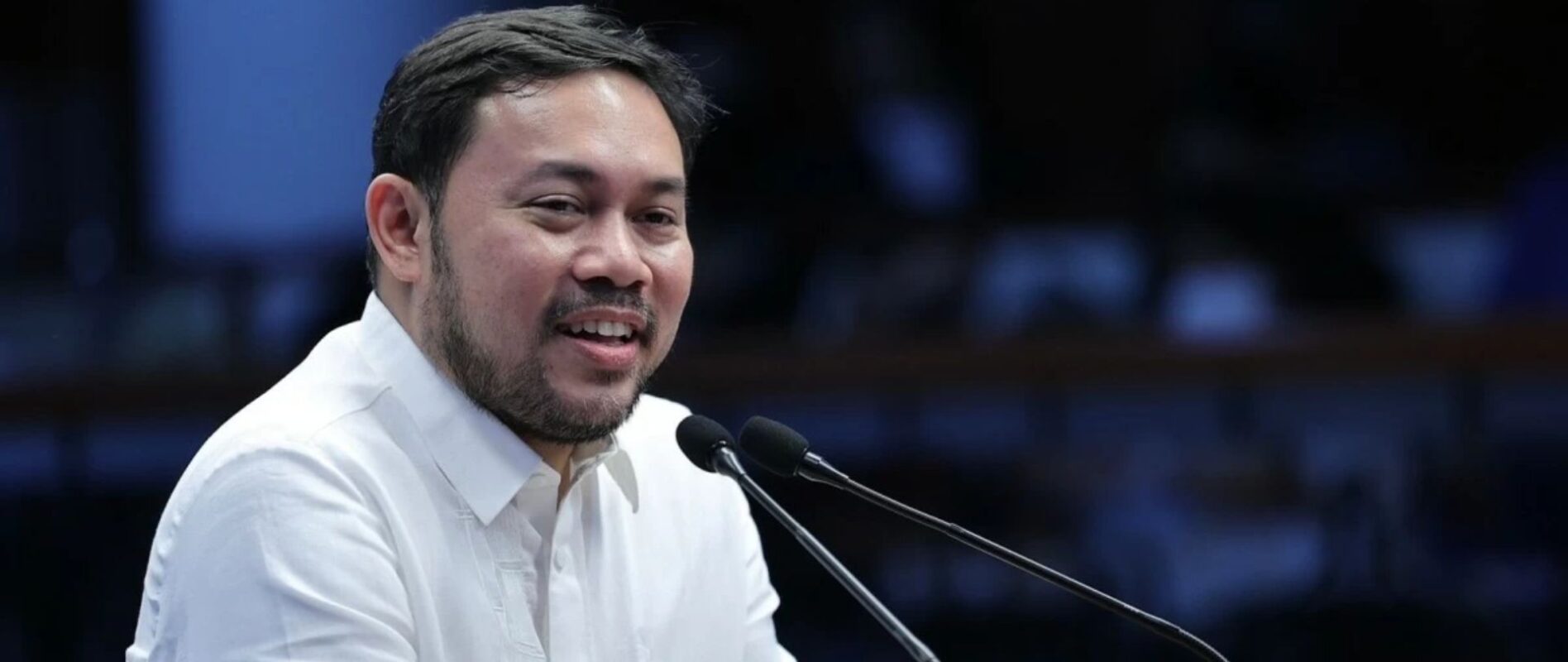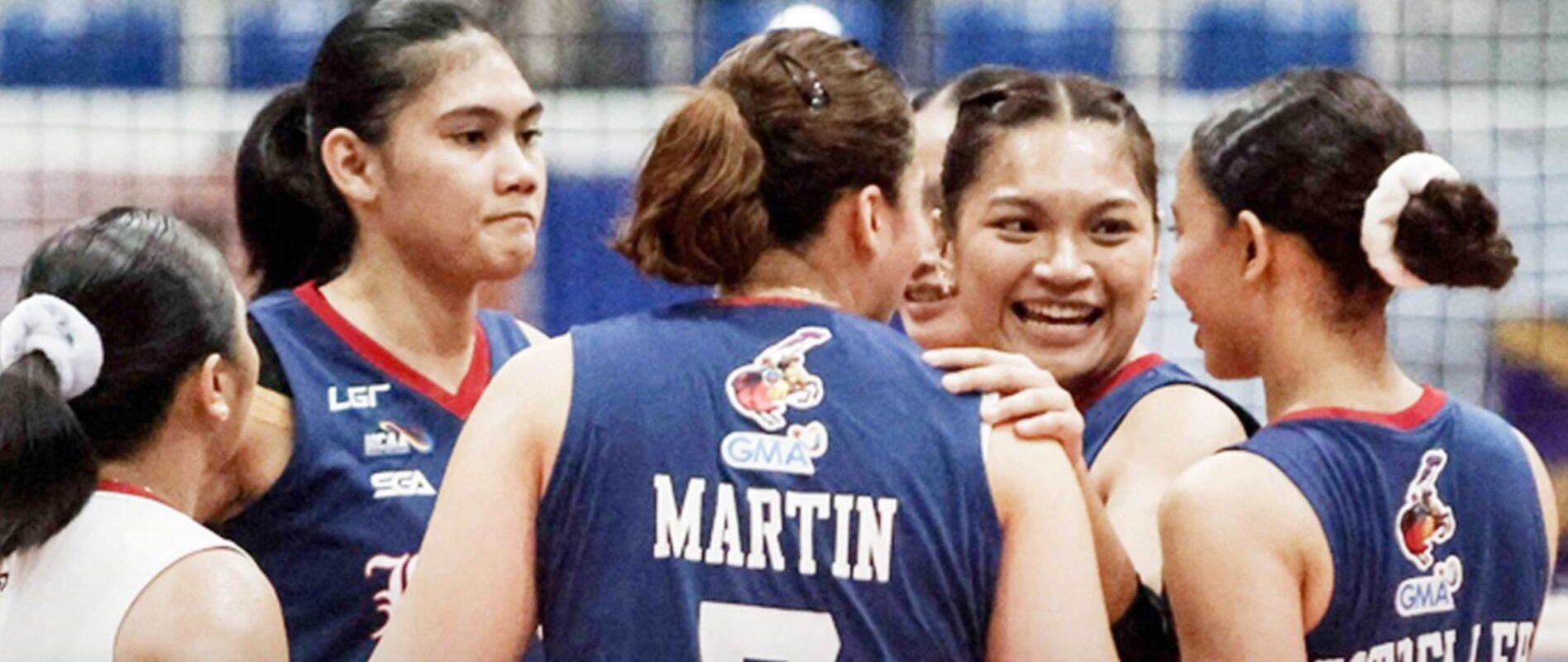PBED PUSHES FOR TEACHER LICENSURE REFORMS
THE Philippine Business for Education supports Senate efforts to enhance the licensure process for teachers, recognizing the critical role educators play in shaping learning outcomes.
Senate Bill Numbers 2840 and 2830 aim to improve the Philippine Teachers Professionalization Act by introducing reforms such as: 1) multiple pathways to teacher licensure through portfolios; 2) a separate exam for Early Childhood Education; 3) immediate release of exam questions with clear reporting of ratings per component; and 4) refresher course requirements for failed applicants. These measures aim to create a more inclusive and effective system that acknowledges diverse qualifications and practical experiences in education.
“Reforming the teacher licensure process is crucial to addressing the learning crisis in the Philippines. If we want our students to perform better, we need better-prepared teachers with sufficient experience and knowledge in their subject areas. The current licensure process does not adequately reflect the diverse qualifications and experiences of educators, limiting the potential for high-quality instruction,” PBEd Executive Director Justine Raagas said.
While both bills share similarities, SBN 2840, introduced by Sen. Sherwin Gatchalian stipulates that only graduates from teacher education centers of excellence with an 80 percent or higher passing rate over the last five years, and those with at least 10 years of teaching experience, may submit a portfolio in place of an examination.
Meanwhile, SBN 2830, filed by Sen. Loren Legarda, allows graduates from non-education programs to select an exam specialization relevant to their field, regardless of their bachelor’s degree. These amendments reflect the diverse qualifications, training, and practical experiences required in today’s classrooms.
When the K-12 program was introduced, the Department of Education sought teachers with specializations for career-specific tracks in the Senior High School program.
However, the licensing process did not adapt to accommodate individuals with relevant industry experience who wanted to join the teaching workforce.
“The failure to update licensure exams and requirements may have contributed to the gap in the quality and relevance of education in these specialized tracks, possibly explaining the skills mismatch observed among our graduates in the job market,” Raagas added.
PBEd emphasized that these proposed legislative measures aim to address teacher shortages and the lack of specialized educators.
The amendments also focus on improving the Board Licensure Examination for Teachers (BLEPT) by ensuring exam questions are developed in collaboration with educational institutions and validated to enhance their quality and relevance for future teachers.
“The poor performance in BLEPT exams and international assessments highlights the need for significant improvements in the quality of teaching and education in the country. Given the evolving needs of both teachers and students, these reforms are necessary to ensure our education system is responsive, effective, and capable of preparing both educators and learners for future challenges,” Raagas said.

